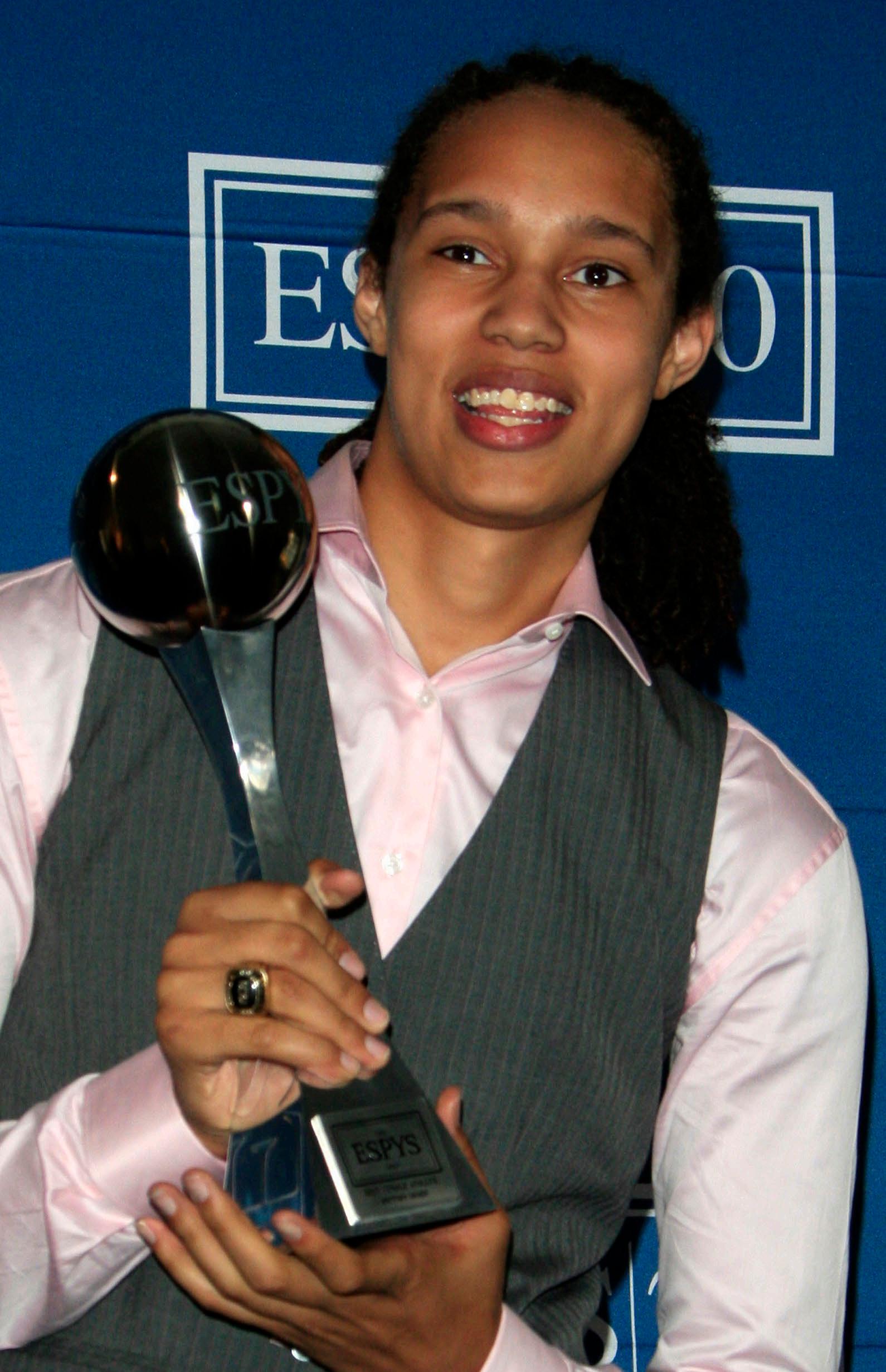
3 minute read
The Educational Opportunity Program
lized, was the target of blame and scapegoating in this country that has time and again been placed at the feet of African Americans and their allies—people of color, LGBTQ, and poor Americans. What is happening in Florida and other states today is a perfect example of why we need Black media. States that have banned the teaching of critical race theory now include Arkansas, Florida, Idaho, Iowa, New Hampshire, Oklahoma, and Tennessee. States that have bills in their state legislatures or are contemplating bills to forbid this teaching are Georgia, Alabama, Kentucky, Louisiana, Michigan, Missouri, Montana, Ohio, Pennsylvania, Rhode Island, Carolina, Texas, Utah, Washington, West Virginia, and Wisconsin.
It became immediately apparent throughout this semester that what we were doing, had we been in one of those states—the teaching of African American His-
Advertisement
By Pamela Matzner, EOP/AIM Director
EOP stands for The Educational Opportunity Program, but it means much more to some. The official mission states, “The State University of New York’s Educational Opportunity Program (EOP) provides access, academic support, and financial aid to historically disadvantaged students who show promise for succeeding in college but whose academic profile falls below Stony Brook University’s regular admissions standards.” Words that come to mind for students in the program are academic enrichment, personal support, summer experience, home, and family. In short, this means EOP is a counseling and educational support program for low-income and primarily first-generation college students who have the potential to succeed at a large research university like Stony Brook despite coming from schools that may have been under-resourced. Additionally, as first-generation college students, many may not have parents or family members who are knowledgeable about college and can get the same guidance as other students.
All incoming first-time EOP students must complete a 5-week Pre-Freshman Summer Academy to gain full admission into Stony Brook University. This 5-week residential program builds on math, writing, and scientific thinking skills while covering important transitional topics to increase their college skill set. Equally important, students have an opportunity to develop lifelong friendships during this experience. Once enrolled, EOP students are given a variety of support services. These services include an assigned EOP Counselor, guiding and supporting students throughout their college tenure, one-on-one tutorial services, group, and drop-in tutoring sessions, success coaching, workshops, a dedicated tutorial and success center, a computer lab, specialized leadership/mentorship opportunities. As a result of this specialized support, EOP students are highly successful and are put on a well-calculated path to graduation. Over half of all EOP students maintain a 3.0 cumulative grade point average or above and graduate with honors. EOP students serve as leaders on campus with representation in over 400 clubs and organizations. They also oversee their student government with the EOP Student Association. The EOPSA’s primary focus is advocacy, social justice, and community building within the program.
The supportive and inclusive environment fostered in the EOP Summer Academy is carried into the first year and continues until graduation and beyond. The built community allows students to support and help each other reach their academic and personal goals. The added benefit for most EOP students is the SBU-EOP family you acquire. As a person who has worked for EOP for the past 22 years, I can attest that students become lifelong friends and stay in touch with EOP for decades. I am in regular contact with students who came into SBU through EOP as far back as 2000. Our alums frequently return, in groups, to reunite with counselors and each other. Seeing these students not only reach their goal of college graduation but witness them succeed far beyond what was ever thought possible is a gift as a college administrator. Once shy first-year students lacking confidence who sat across from me with dreams like buying their mom tory—would have been deemed illegal. Who would be worried about having the newest hi-tech devices in class when the entire enterprise of what we were doing was under legal threat? It fired us up and gave us new motivation. Somehow it made me appreciate that old chalkboard and what we were doing—often in the dark of that windowless classroom. It was liberation teaching. Seeking the light of freedom in the wisdom of the words and memories of those we studied, and their eternal reminder to us of the importance of the Black word—both spoken, written, and taught—and therefore the vital importance of Black media—but also Black teaching, learning, and thinking. a house, now confident professionals who accomplish goals like a house and much more prove college access and opportunity through EOP makes a difference. This difference is both in and out of the classroom and spreads into communities and changes the trajectory of generations after.
Students’ voices through their individual life stories are most impactful when it comes to advocating for continued funding and growth of college access programs. Every spring, SBU takes a busload of students up to the state capitol in Albany to meet with state legislators, along with EOP brothers and sisters from other SUNY campuses, to advocate for continued funding and an increase in financial support to serve more students in New York State. As a result of advocacy, EOP received a 20% increase in funding last year to expand access and resources. The April 2021 SUNY press release states, “Each year, EOP statewide receives applications from more than 12,000 eligible students for 3,000 spaces. The additional funding makes it possible to increase the program to include hundreds of eligible students with academic potential. Since its inception in 1967, the EOP has provided access, academic support, and supplemental financial assistance to students from disadvantaged backgrounds. In its 53-year history, the EOP has served more than 76,000 students.”








